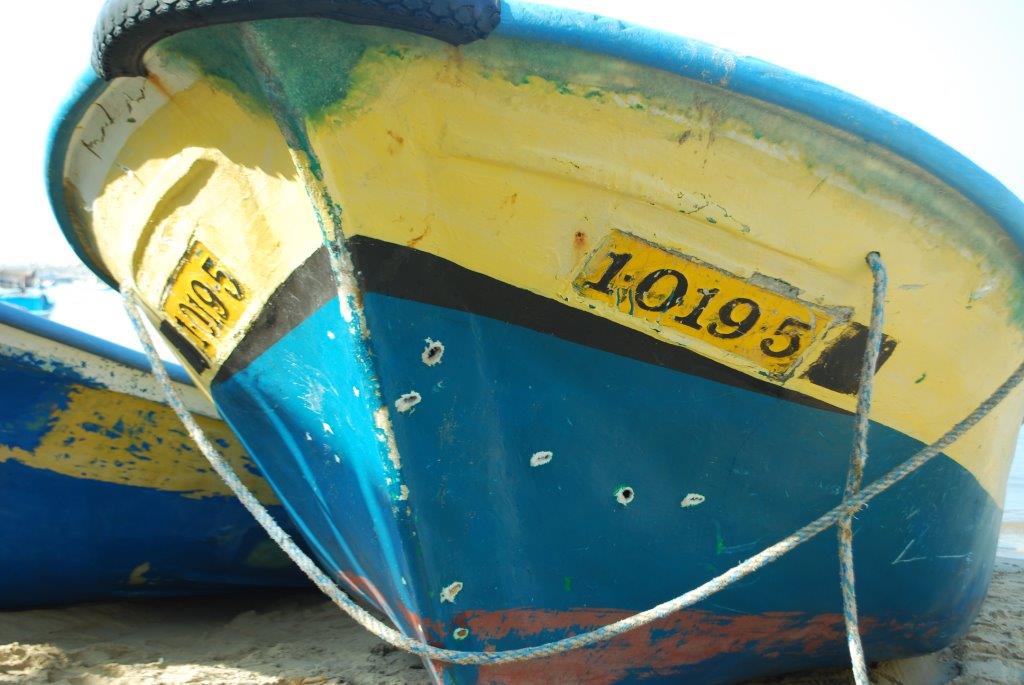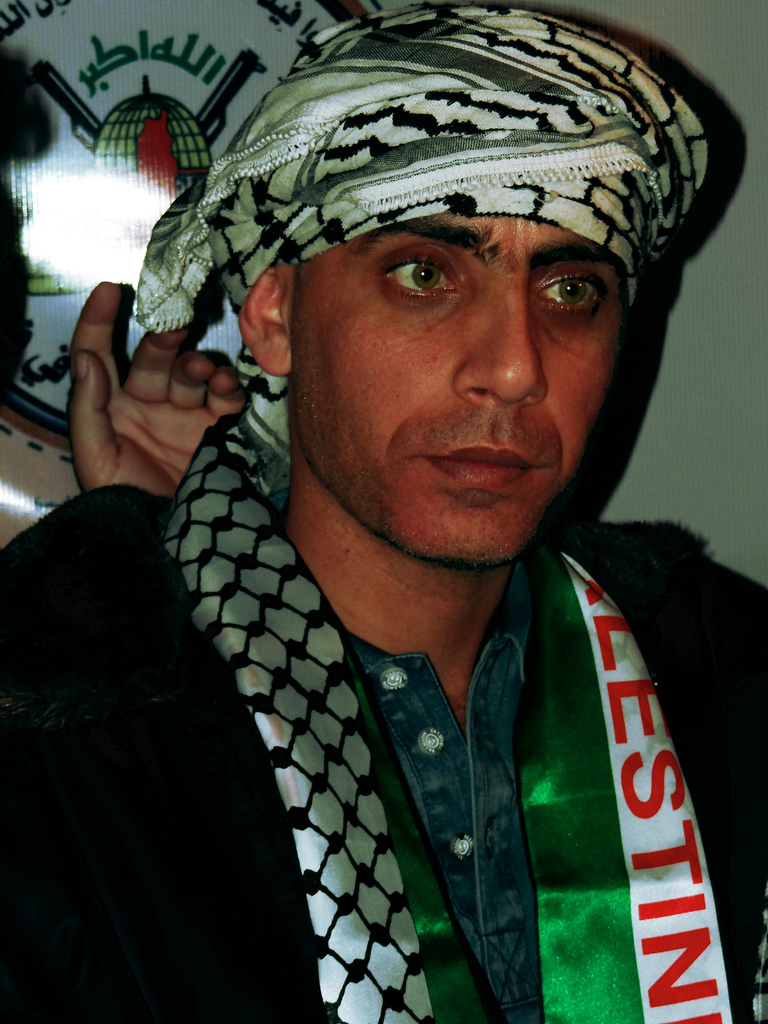-
Clashes in Qusra: olive trees destroyed and settlers beaten
08th January 2014 | International Solidarity Movement, Nablus Team | Qusra, Occupied Palestine Clashes between Israeli forces and Palestinian youth erupted yesterday after settlers attacked villagers from Qusra on their fields. Palestinians captured a group of settlers on their way to Qaryut after they had destroyed a number of olive trees. In the morning of the […]
-
Israel’s attacks on Palestinian fishermen in Gaza flout international conventions
7th January 2014 | International Solidarity Movement, Charlie Andreasson | Gaza, Occupied Palestine On Saturday, 4th January, the Israeli navby shot at five fishermen and their boat, a hasaka, three nautical miles from the shore of Gaza, well within the highly-restricted part of Palestine waters in which the occupation forces officially allow them to fish. […]
-
26 Palestinian political prisoners released; 5,000 remain in prison
7th January 2014 | Resistenza Quotidiana, Sil | Gaza, Occupied Palestine 26 political prisoners, held in Israeli prisons since the Oslo Accords, were released the night of 30th December. About 5,000 others remain in prisons located in the territories occupied in 1948, a violation of international law. Umm Dia’a thought her son would be among the […]
Action Alert An Nabi Saleh Apartheid Wall Arrests BDS Bethlehem Bil'in Cast Lead Demonstration Denial of Entry Ethnic Cleansing Farmers Gaza Global Actions Hebron House Demolition International law Israeli Army Jerusalem Live Ammunition Nablus Ni'lin Prisoner Ramallah Rubber-coated steel bullets Settlement Settlers Settler violence Tear-Gas Canister Video



